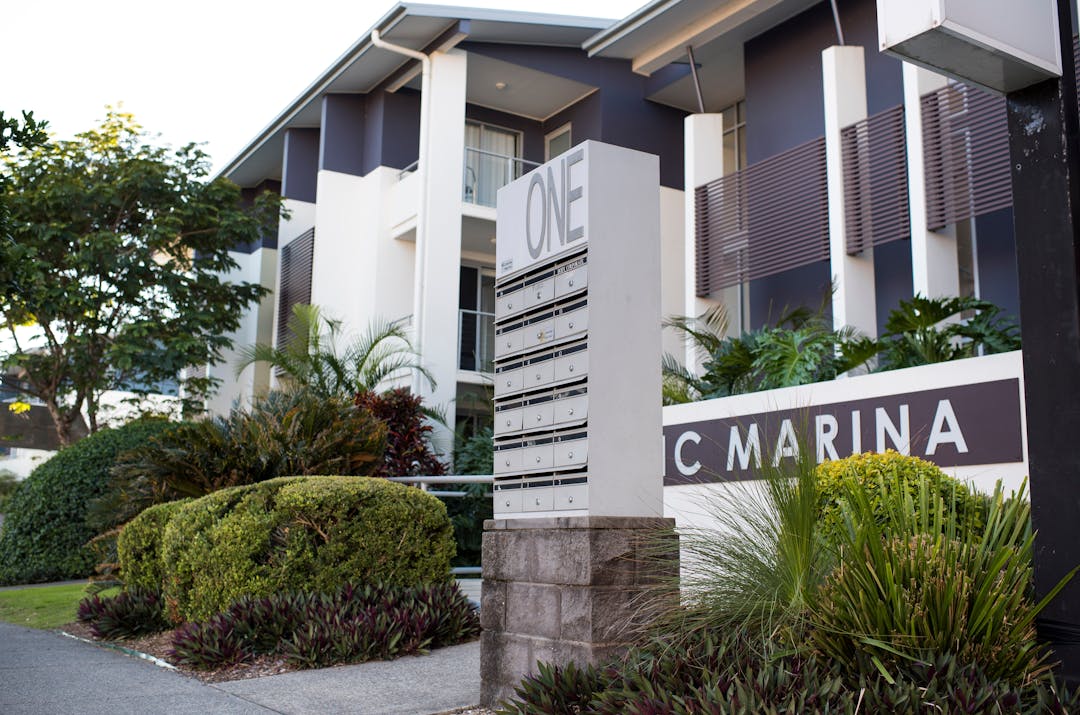Draft Coffs Harbour LGMS - Chapter 7 Residential Lands
Consultation has concluded

As the Coffs Harbour region continues to grow over the next 20 years, Council aims to develop well-designed communities that support and enhance local character, provide active lifestyles and increase connections.
Council has therefore prepared a housing strategy for the LGA - in the form of draft Chapter 7 Residential Lands of the Coffs Harbour Local Growth Management Strategy. The aim of the residential chapter is to ensure that Council can plan for the housing needs of its changing and growing population by encouraging quality development within existing residential areas.
Council has also prepared and is currently exhibiting an Affordable Housing options paper and a Short Term Rental Accommodation options paper to inform the preparation of the residential chapter.
The residential chapter will be delivered within the context of a ‘compact city model’ (directing housing to our existing neighbourhoods and reducing urban sprawl). This means encouraging some higher density housing as infill development in and around Coffs Harbour’s established centres, whilst maintaining the existing low rise character for the majority of its residential areas.
We need to provide a range of housing choices for our community as they move through different life stages. The Coffs Harbour LGA's dwelling stock currently comprises 71% of detached houses (and 62% of this dwelling stock is large dwellings with 3 or 4 bedrooms). By 2040, 35% of our households will be over 60 years old. This means we need to encourage more infill development within appropriate areas of the city; and to encourage more 1 and 2 bedroom dwellings to be built, to free up existing 3 and 4 bedroom housing stock for families.
Housing options such as townhouses, dual occupancies or terraces can assist in increasing the mix of housing choices as people move through different life stages. Increased housing diversity and choice can play a role in influencing housing affordability and enhancing neighbourhood character.
Council is committed to a place making approach in planning for future housing and neighbourhoods. Desired future neighbourhood character will be established in consultation with the community to inform projects, initiatives and public realm works, including an update of relevant planning controls for neighbourhoods.
The key focus areas of the draft Chapter 7 Residential Chapter include:
- facilitating infill development in appropriate locations of the LGA;
- creating great places in all locations of the LGA;
- increasing housing diversity and choice throughout the LGA;
- attracting and retaining Millennials; and
- influencing housing affordability.
We are seeking community feedback on the range of actions and strategies aimed at addressing these key issues. Council encourages you to take some time and read the main and summary chapter; all the FAQs; and the associated Affordable Housing and STRA Issues and Options Papers, all of which have been prepared to assist you to make an informed submission to this significant and important chapter of our growth strategy.
